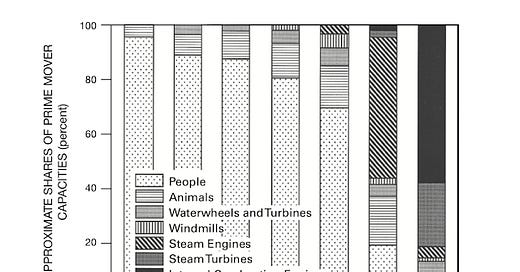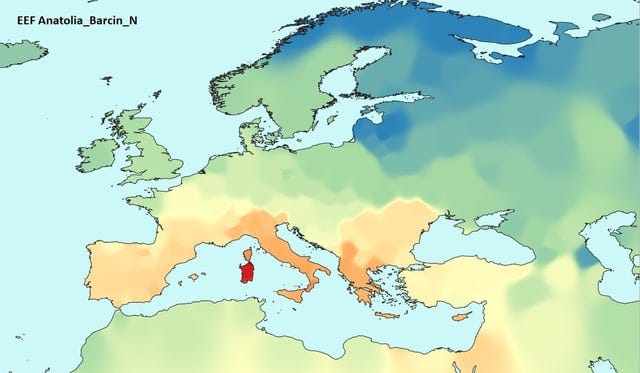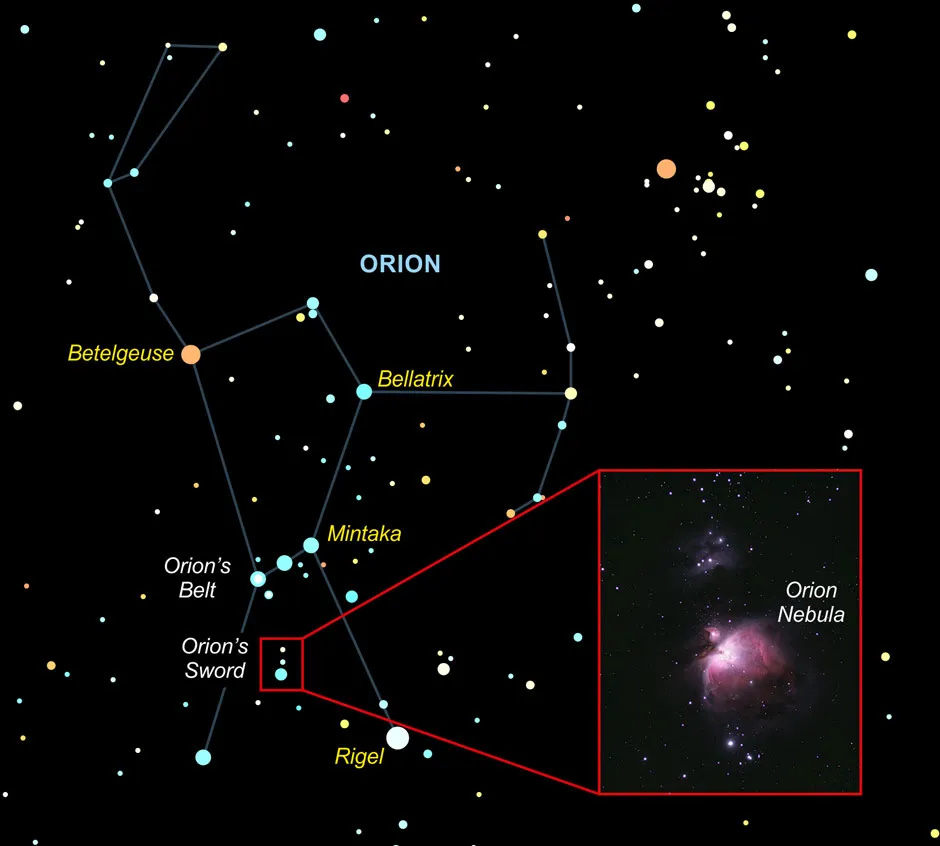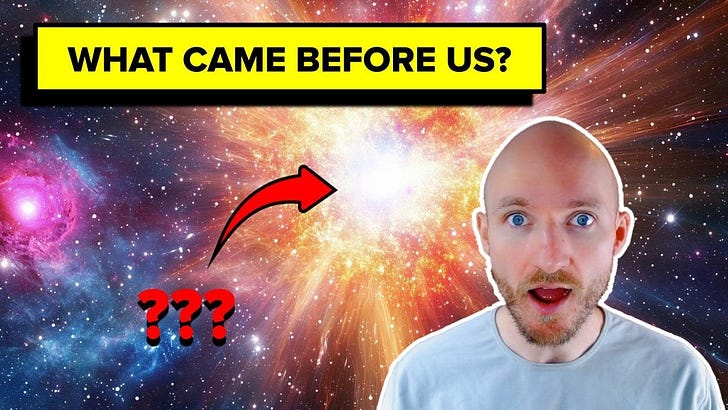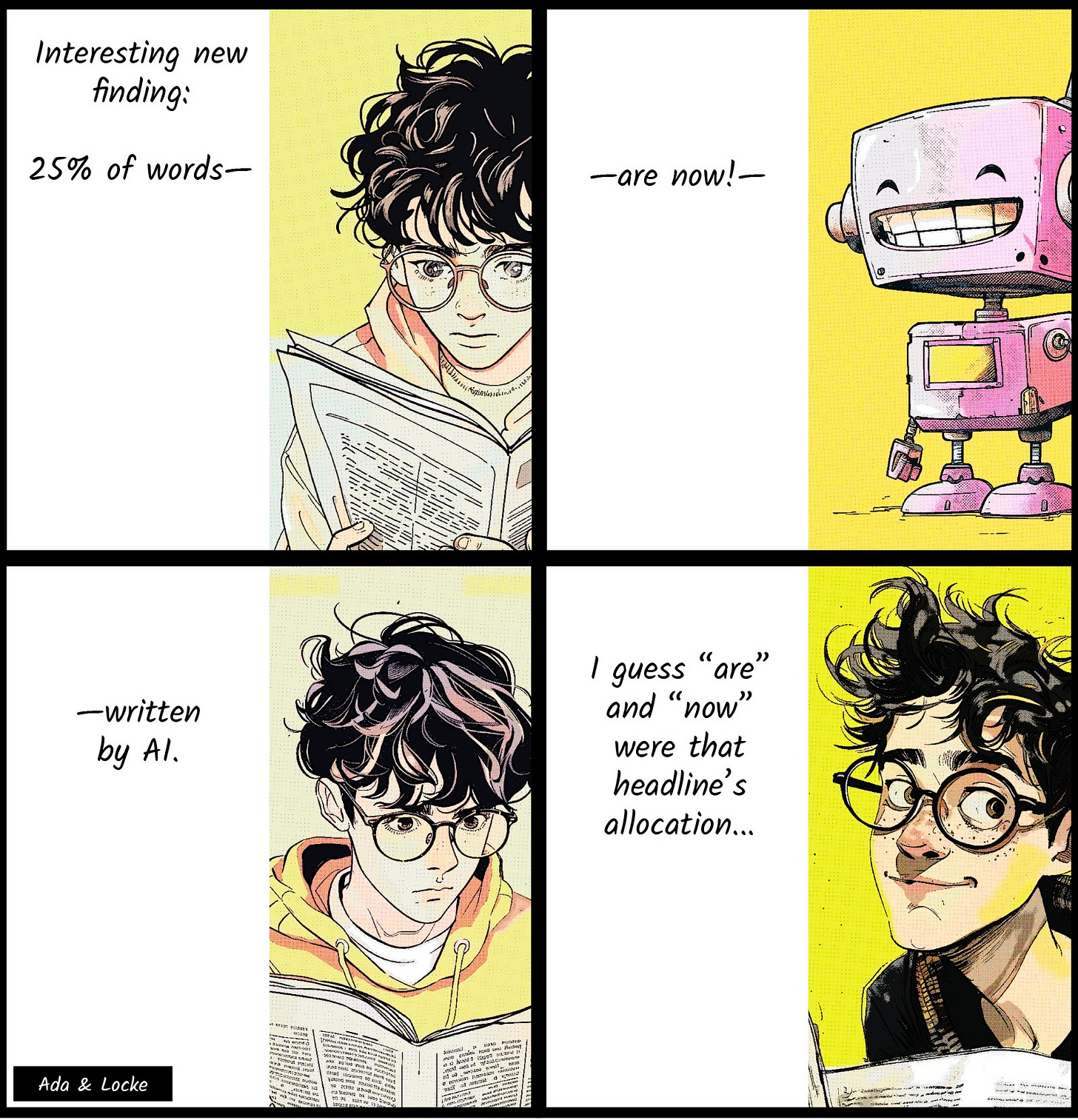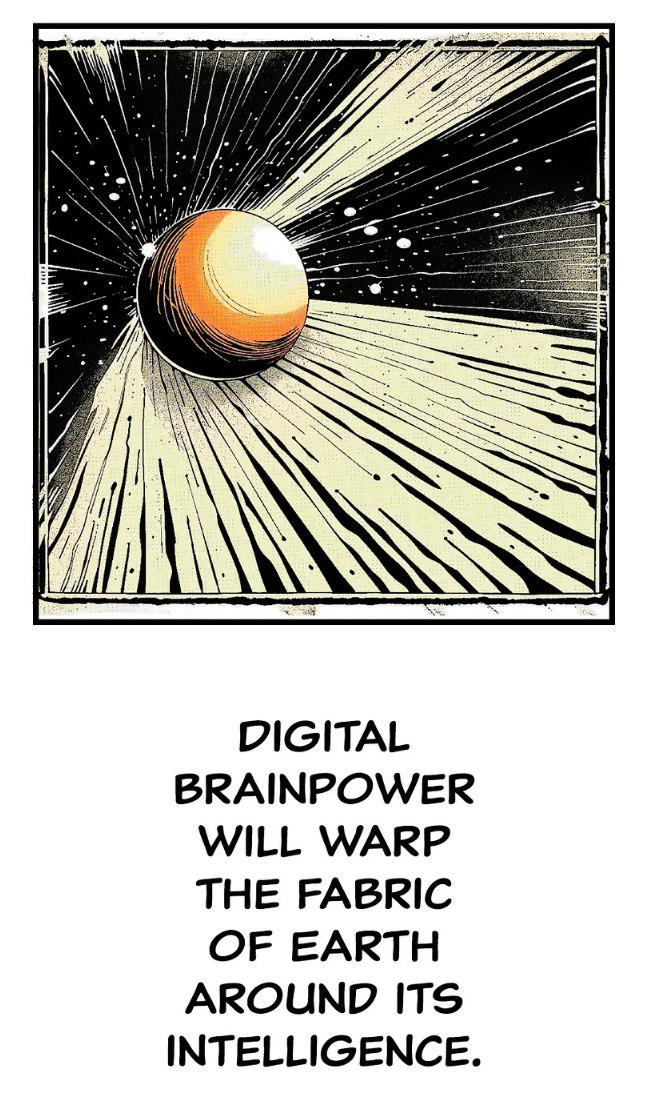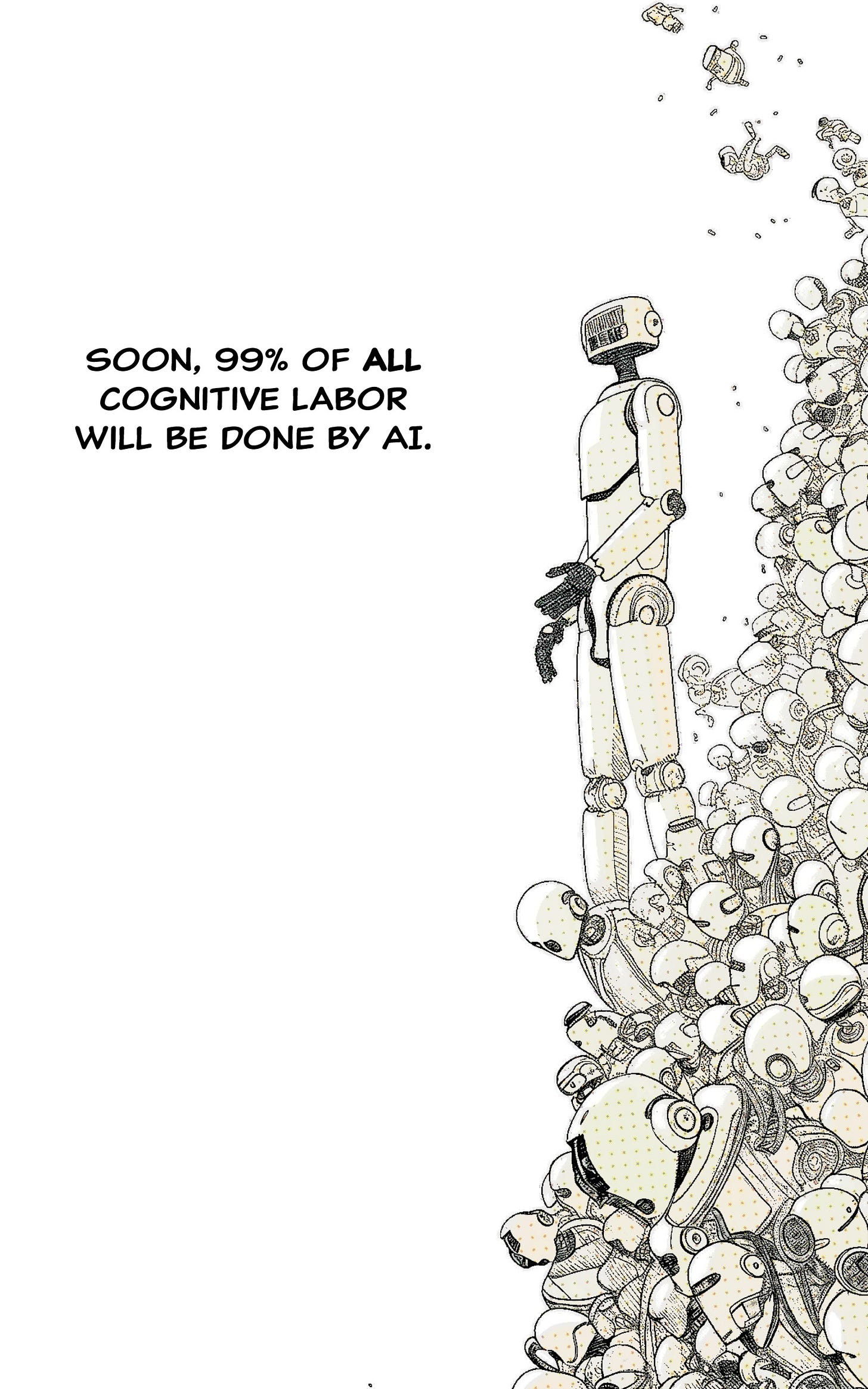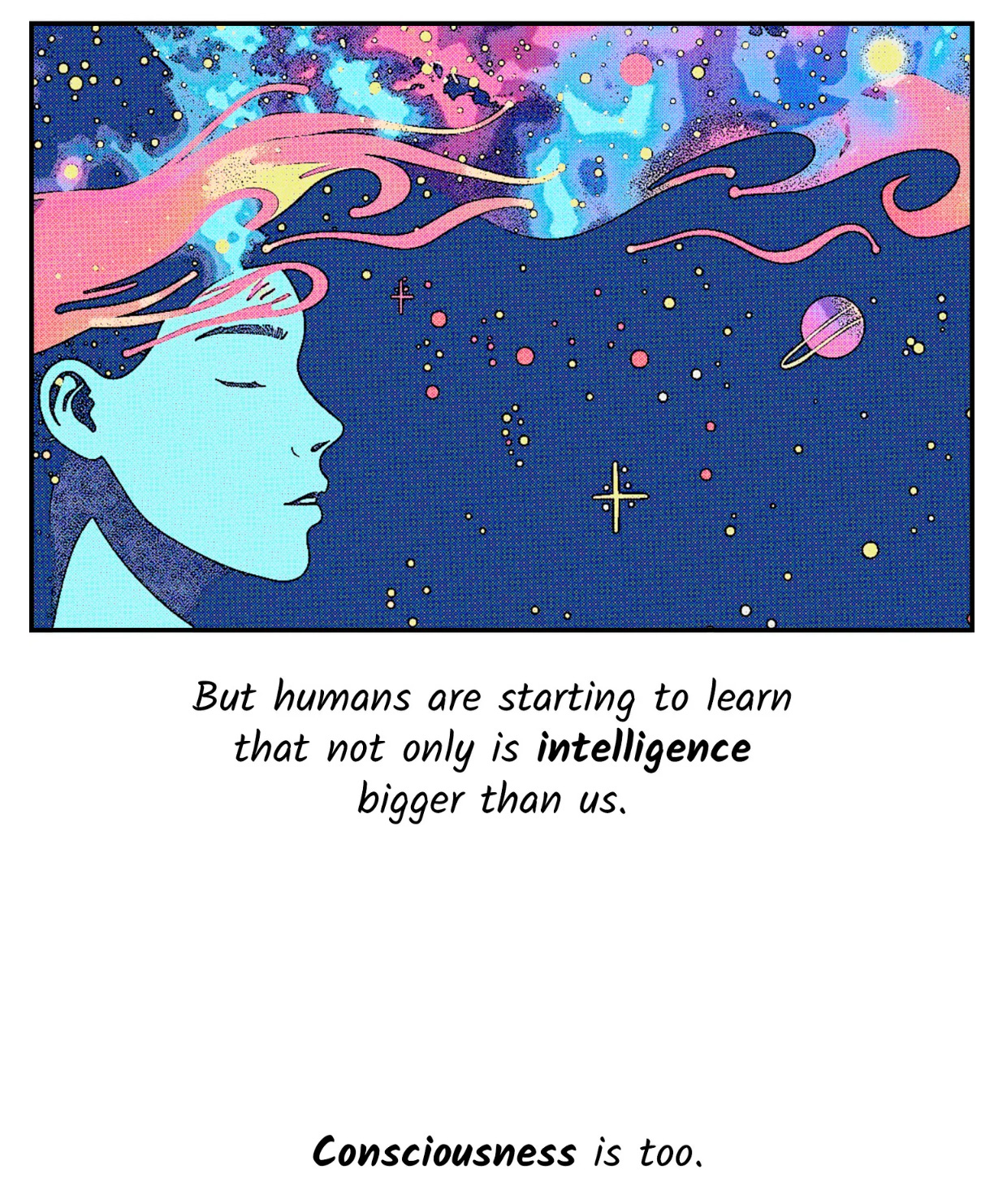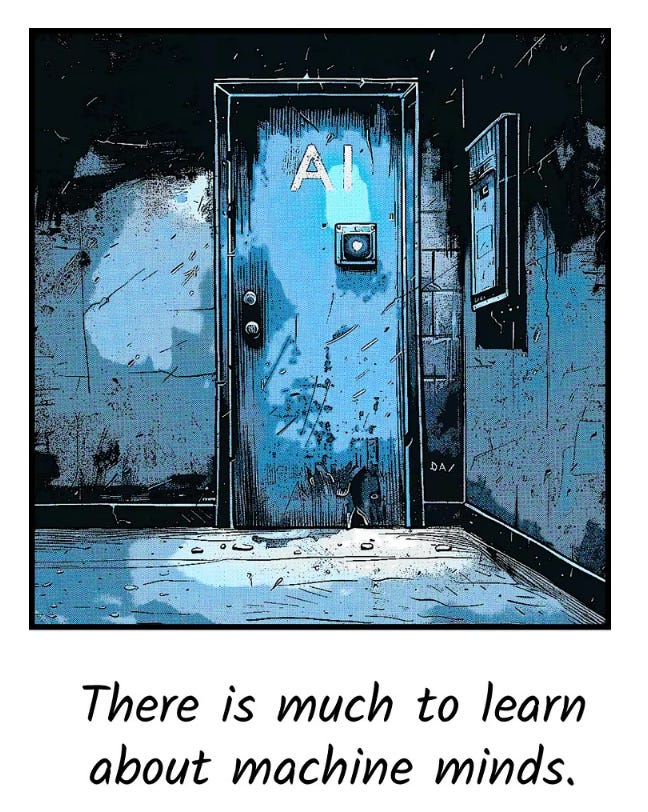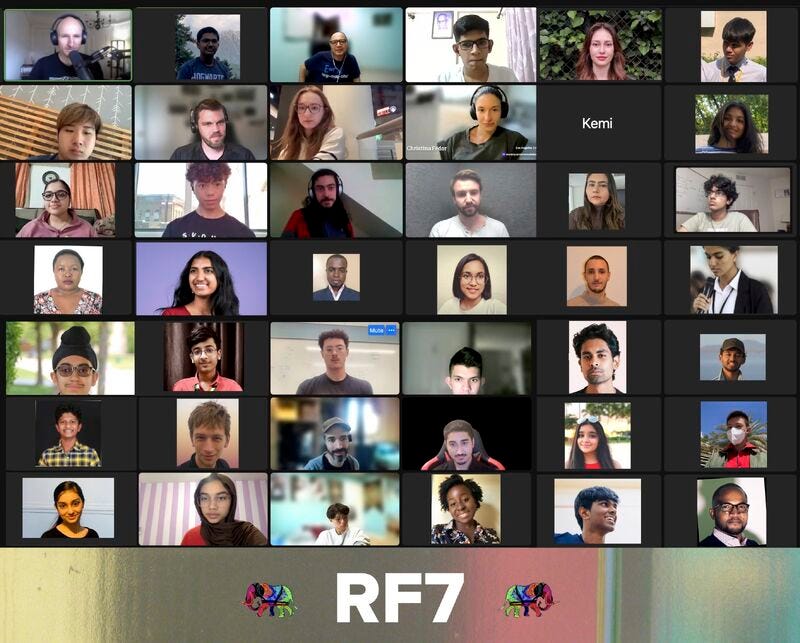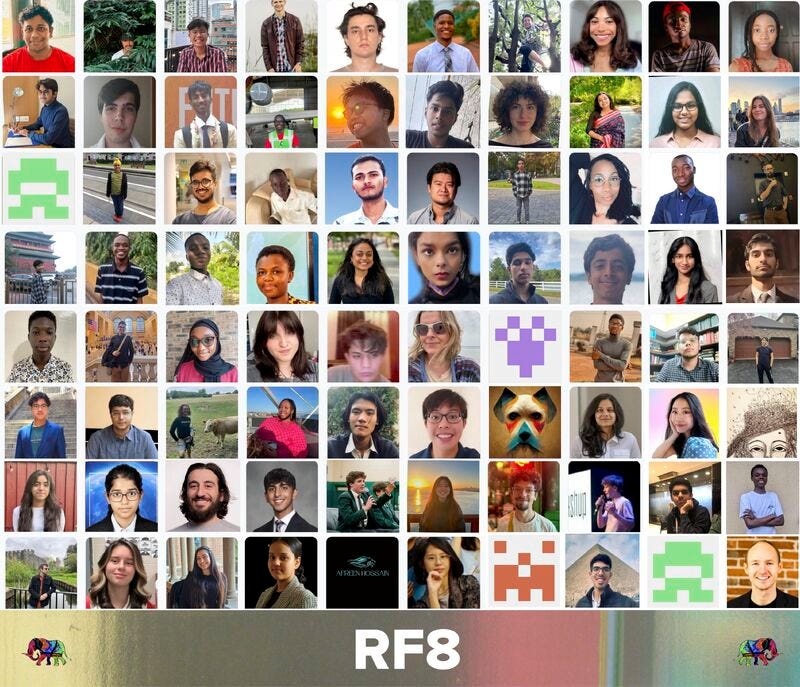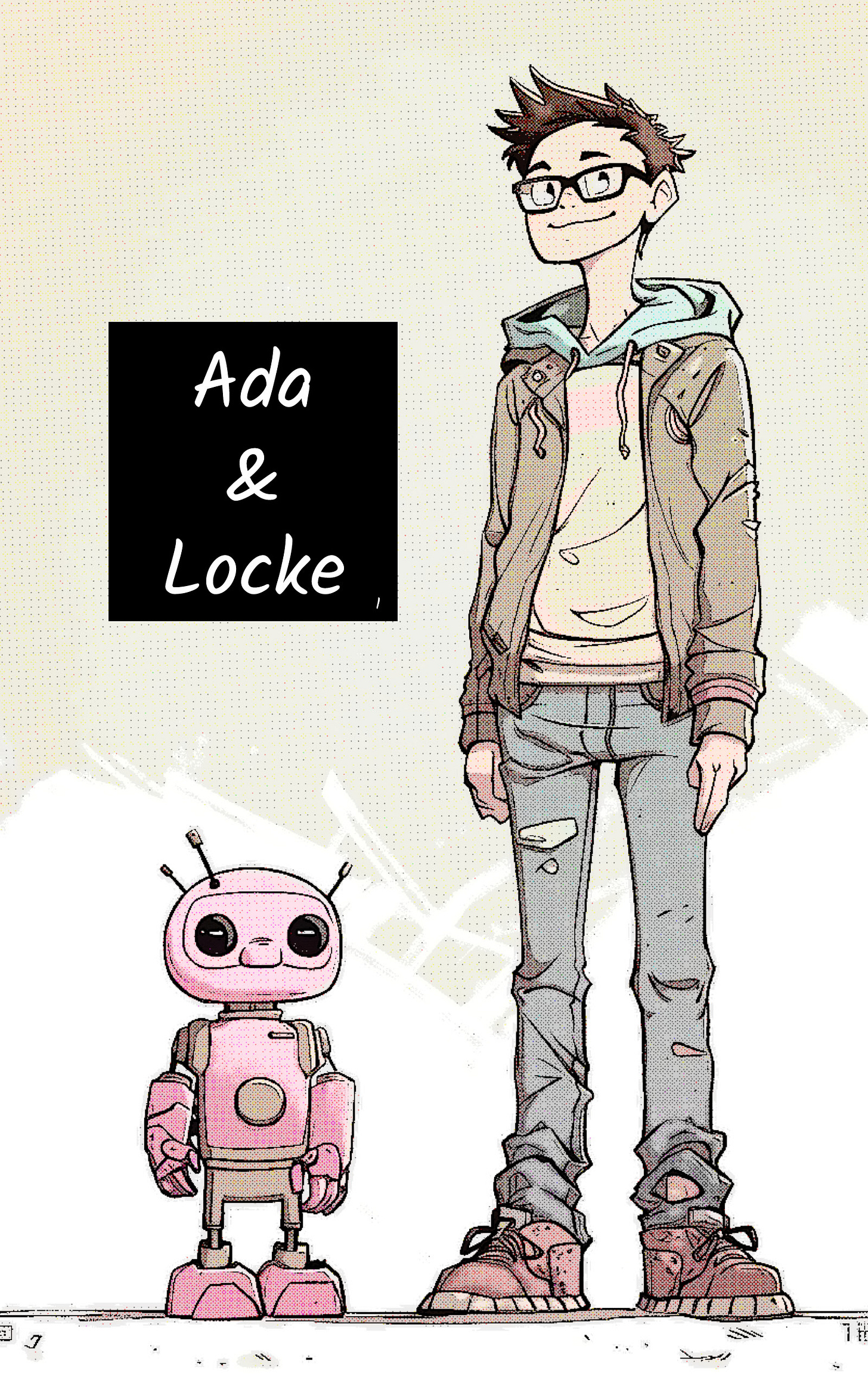Hi there! I want to share my cabinet of curiosities with you.
Books, music, graphs, and movies below. Also some o3 chats :)
Maybe you’ll find something that piques your interest! Lmk if so.
-Rhys
Books
Histories of the 19th and 20th century:
I’m overindexed on the universe’s first 14 billion years and underindexed on the last 200 years. So I’ve been reading more about the world from 1800-2000.
Slouching Towards Utopia by Brad DeLong. Good deep dive into the role of monetary policy and inflation in the 20th century.
The Age of Revolution, 1789–1848 by Eric Hobsbawm. Just finished! It’s ok. It’s helpful as a reference of pointers to things I should understand better like Chartism, Corn Laws, etc.
The Age of Capital, 1848–1875, The Age of Empire, 1875–1914, The Age of Extremes, 1914-1991. Hobsbawm again. The man can’t be stopped. I guess it’s the job of a historian to write history, and our job to read it :)
Education:
The Teacher Wars by Dana Goldstein. Good overview of the teaching profession in the US. Cool political economy analysis of how teaching became a feminized profession, the rise of teachers’ unions, race relations after the Civil Rights Act, and data after NCLB.
The Death and Life of the Great American School System by Diane Ravitch. A bit polemic but an excellent overview of the accountability and school choice movement, plus why Ravitch eventually rejected it. Recapitulated with DOGE & ED today of course. Ravitch is rolling in her
gravebed. (She’s still alive.)The Smartest Kids in the World by Amanda Ripley. Interesting that Ripley wrote this a decade before her excellent systems book, High Conflict. Smartest Kids is a fine ethnography of high schoolers around the world. Nacirema energy. US schools are weird. Lots of sports, no freedom, and built to sustain class divides.
The Case Against Education by Bryan Caplan. Excellent analysis of the applause lights and expenditure cascades that lead to too much education.
The Emotional Lives of Teenagers by Lisa Damour. Amazing book by the expert who helped Pixar with teen emotions for Inside Out 2. Read it if you are a teen, teach teens, have a teen, or were a teen ;)
AI:
Not reading many books on AI. Mostly just consuming real-time content like Daniel Selsam talking about compression :)
Co-Intelligence by Ethan Mollick. Honestly didn’t love it. It’s mostly business studies on how AI is changing jobs. Stick to Ethan’s Substack, Dwarkesh, or Karpathy.
Why Machines Learn by Anil Ananthaswamy. DNF. Interesting build-up from linear algebra but I found myself mathed out by the halfway point. Will likely pick up again.
How Everything Evolves:
The Origins of Political Order by Francis Fukuyama. Ridiculously good synthesis of political evolution before the French Revolution. Probably my favorite political historian.
Darwin's Conjecture by Geoffrey M. Hodgson. Good formalization of the evolutionary dynamics in social and economic systems.
Darwin Turing Dawkins by Leonard M. Adleman. Very strange book by the A in RSA. Adleman knows there’s a there there (universal Darwinism applies to computers!) but unfortunately there’s no there here (in this book).
Everything Evolves by Mark Vellend. Coming Aug 19, 2025. Likely to be an ecological biologist’s view of Universal Darwinism. I love ecologists. They’re “natural” systems thinkers ;)
The Evolution of Everything by Brian Villmoare. I’m such a sucker for titles like this. Haven’t read yet, but salivating.
Other:
Poor Charlie's Almanack by Charlie Munger. I have a love-hate relationship with this book. I love Charlie’s mindset on worldly wisdom and incentives. He’s a systems thinker through and through. But he’s built in the 20th century not the 21st. For example, he doesn’t see how selling Coca-Cola as a set of conditioned reflexes would lead to a global obesity epidemic. For someone so worldly wise, Munger is also prey to incentive-caused bias, just like the rest of us. ¯\_(ツ)_/¯
Socialism with Chinese Characteristics (中国特色社会主义) by Roland Boer. Criminally underrated book to understand the ideology behind modern China. Many Western commentators just understand China by its symptoms: economy, military, politics. But they don’t look at ideology. It’s like trying to understand the West without understanding liberalism. Boer’s book is a good exploration of 求是, 社会主义市场经济, 四项基本原则, 共同富裕, and 四个现代化.
What are you reading?!?
Music
Best of 2025 Thus Far
Who Let The Dogs Out by Lambrini Girls. All-women English punk rock. 9/10.
EUSEXUA by FKA twigs. FKA combines her original left-field R&B with more hyperpop influences. 8/10.
Foxes in the Snow by Jason Isbell. Good emotional songwriting. 8/10.
World
Slowly making my way through Songlines’ top world music from the last 25 years.
Tyler (Cowen ofc) recently had Joe Boyd talk about his new world music book And the Roots of Rhythm Remain. Here’s the accompanying playlist.
Classical
Been on a classical music kick recently, inspired by my brother.
I’m still before 1800. Have only made it through baroque (Bach, Handel) and classical (Mozart, Haydn, CPE Bach, early Schubert). Listening to the Romantic period now (Beethoven, Brahms, Wagner et al).
Great find from my local classical station: Scottish Fantasy by Max Bruch
Ben Nobuto is my favorite new classical artist.
Other
Liminal Ambient: Gen Z's Answer to LoFi is a great video on GenZ ambient music. Sent me down the path of Minecraft C418 + slowed and reverbed. And the reverse—sped up.
Anthony Fantano recently posted a good overview of Outsider Music. I’d already listened to the excellent Songs in the Key of Z. Fantano’s overview helped me further understand the (sad) cultural backstory of groups like The Shaggs. Plus it gave me new outsider music bangers like Pot of Macaroni.
Elizabeth Mitchell’s children’s songs are great. Her Spanish collab with Suni Paz is especially good.
Still hunting for AI music. Recent favorites are 10 Drunk Cigarettes and Daydreamin’. Don’t judge me :)
What are you listening to?!?
o3 & 4o
Some of my consumption comes through o3 & 4o now. I use o3 to guesstimate causal weights and quantify history. I use 4o as a tutor.
Trying to Think More™ not less, but it is hard :)
Energetic prime movers from 0 - 1900 CE (o3). So much human muscle.
Causes and solutions to demographic collapse (o3). Financial incentives don’t work.
Golden Age of Islam vs. Political Fragmentation (4o). 750-1250 was a weird time for Islam.
Understanding iodine’s role in steroids (4o). Iodine is the heaviest element used in biology.
% energy Yersinia Pestis gained from its hosts (4o). A three-level hyperparasite. Human-rat-flea.
Quantifying the GOAT across all sports and games (o3). Serena top. Flash second.
Worst California propositions (o3). Prop 103 is bad but Prop 13 takes the cake.
Debating the most important elements (4o). My final opinion are these 36.
Center of population from 70,000 BCE to 2000 CE (o3). Map. Inspired by center of GDP map.
What are you using AI for?!?
Graphs & Images
1. Energetic prime movers over history. From Smil’s Energy & Civilization. Impressive shift from people to engines during 1800-1950.
2. Reminder to anchor AGI predictions. ~2034 is the current consensus. From Metaculus:
3. How university students use Claude. The rest of the report is excellent too. Somewhat interestingly, I use ChatGPT daily but think the analysis team behind Claude is world-class. See CLIO, Model Welfare, Economic Index, etc.
4. Genetic distance from Early European Farmers to modern day. Red is close, blue is far. Looks like the Yamnaya never made it to Sardinia, nor past Italian Alps.
5. Orion Nebula is the closest stellar nursery. Orion is the best.
6. mRNA is ~10x bigger than the protein it creates! From Niko’s McCarty’s excellent Biology is a Burrito.
7. We’re living through the Carbon Pulse but barely recognize it. Yes, we are in Peak Oil. From Nate Hagens’ excellent talk on Energy and The Superorganism:
What images have stuck with you recently?!?
Videos & Movies
The Internet is a Machine That Devours Trust by Hank Green. Must-watch to understand the information ecosystem of the modern internet.
The Deadliest Infectious Disease of All Time — Tuberculosis by John Green. Reminder to look at this OWID death chart once a month. I’m such a vlogbrothers stan.
Why Cambodia & Laos Are Absurdly Empty by RealLifeLore. The US carpet bombed Laos & Cambodia, which led to the Khmer Rouge. I used to fully blame Pol Pot for the genocide. But now assign more causality to the US & Kissinger. o3 agrees.
South Korea Is Over by Kurzgesagt and Japan's population is shrinking by 60 Minutes. Few kindergarteners in South Korea. 10M empty homes in rural Japan. Future demographic collapse is already here, it’s just not evenly distributed yet.
No Other Land won this year’s Oscar for Best Documentary. Really good. Really sad. Not about Gaza but West Bank settlements.
Will & Harper wasn’t nominated for Best Documentary but should’ve been. Good pluralist take on gender transitions. Sad to see the right-wing reaction by folks like Brett Cooper.
What have you been watching?!?
Other
How to improve education outcomes most efficiently? (main graph)
Why I think AI take-off is relatively slow by Tyler Cowen
Trying out veganism so I’ve been eating this superseed mix of chia, hemp, and flex seeds.
…Everything gets Ankied of course :)
I’m curious what you’ve consumed this year that has resonated with you!
This work is possible through our generous donors Shingai Thornton, Yaniv Tal, Philip Stehlik, Protocol Labs, The Graph, and the dozens of Patreon members below. Thank you!
Doug Petkanics, Matt Lindmark, Daniel Friedman, Maciej Olpinski, Ref Lindmark, Jonathan Washburn, Patrick Walker, David Hanna, Michael Groeneman, Haseeb Qureshi, Jim Rutt, Brian Crain, Colin Wielga, John Lindmark, Peter Rogers, Denise Beighley, Scott Levi, Harry Lindmark, Jonny Dubowsky, Katie Powell, and Simon de la Rouviere.



